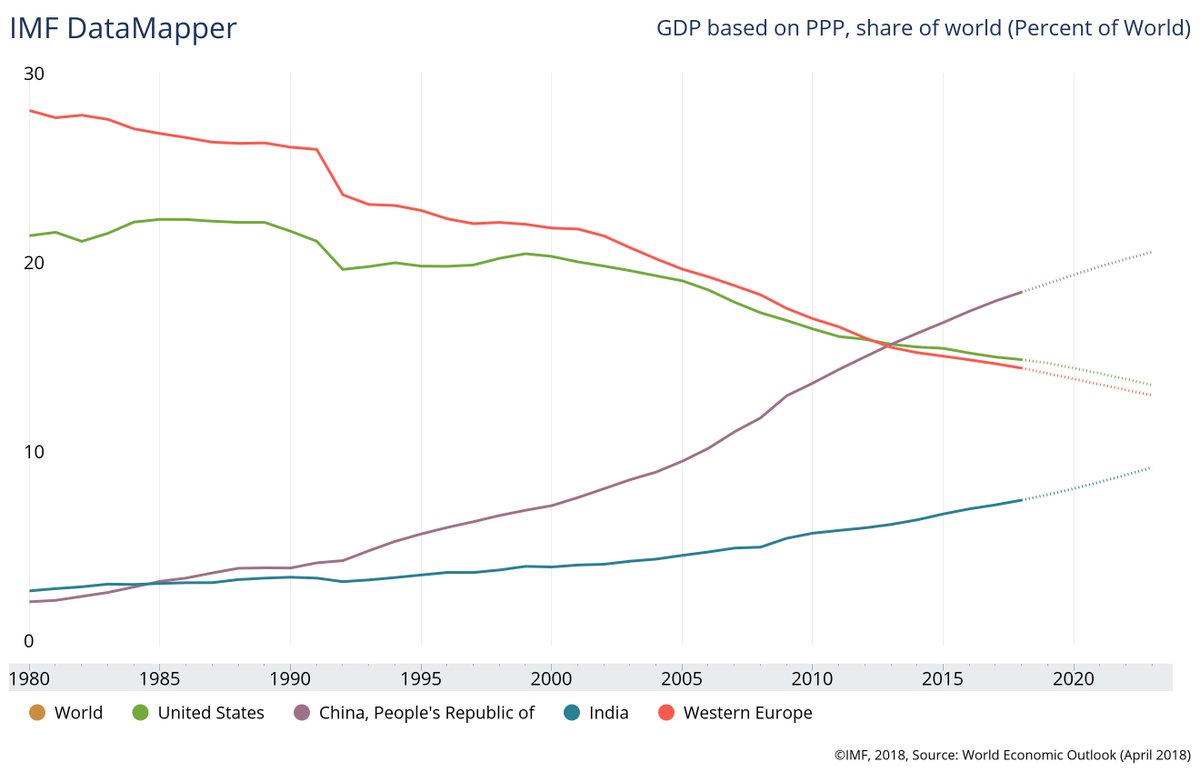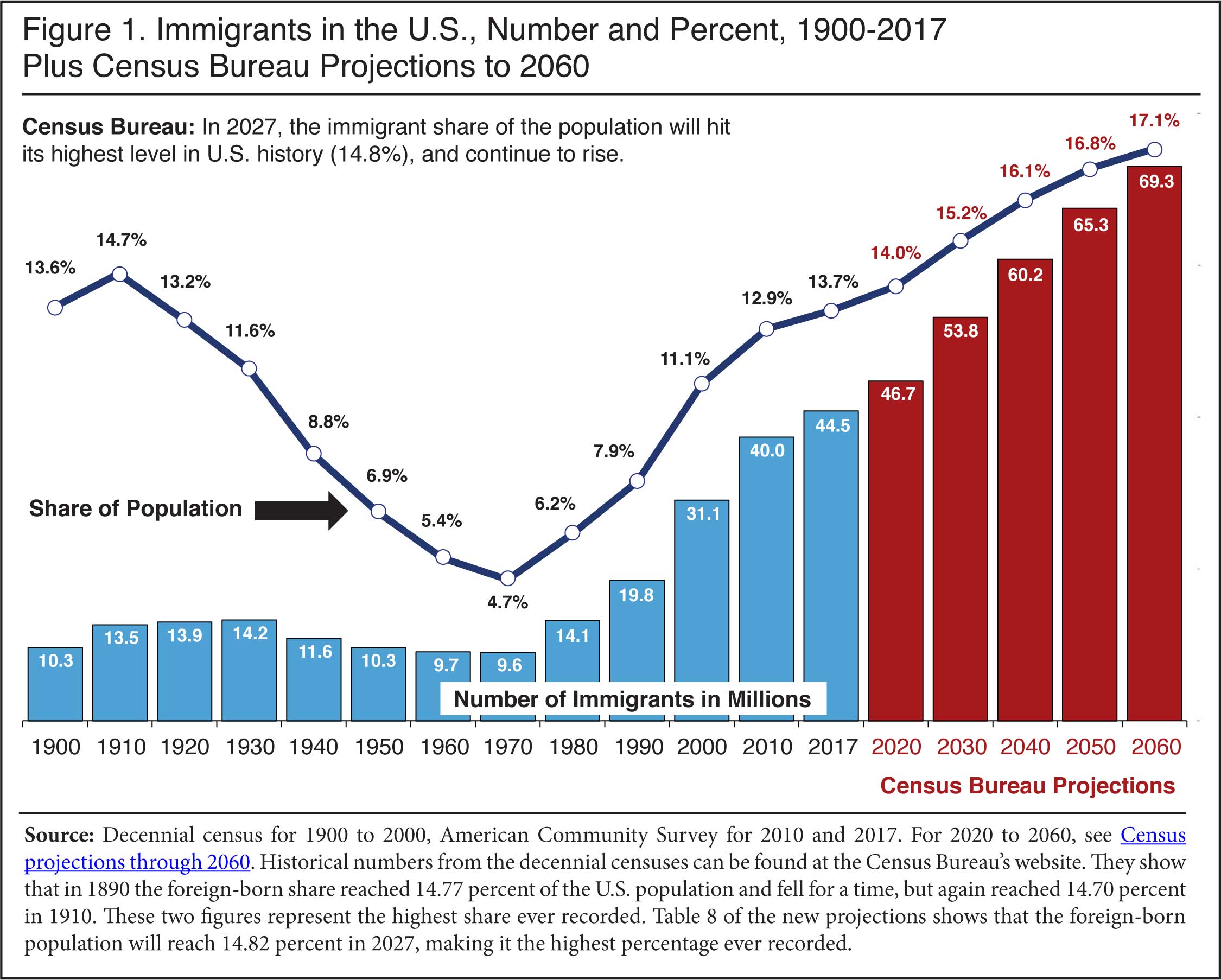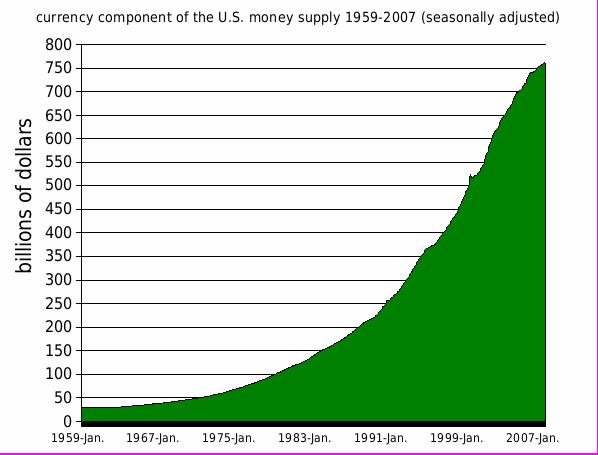TerraN_EmpirE
Tyrant King
Continued
Union toward Asia, and particularly towards those parts of Asia which are contiguous to the Soviet Union, and with great particularity this afternoon, to north China.
The attitude and interest of the Russians in north China, and in these other areas as well, long antedates communism. This is not something that has come out of communism at all. It long antedates it. But the Communist regime has added new methods, new skills, and new concepts to the thrust of Russian imperialism. This Communistic concept and techniques have armed Russian imperialism with a new and most insidious weapon of penetration. Armed with these new powers, what is happening in China is that the Soviet Union is detaching the northern provinces [areas] of China from China and is attaching them to the Soviet Union. This process is complete in outer Mongolia. It is nearly complete in Manchuria, and I am sure that in inner Mongolia and in Sinkiang there are very happy reports coming from Soviet agents to Moscow. This is what is going on. It is the detachment of these whole areas, vast areas—populated by Chinese—the detachment of these areas from China and their attachment to the Soviet Union.
I wish to state this and perhaps sin against my doctrine of non-dogmatism, but I should like to suggest at any rate that this fact that the Soviet Union is taking the four northern provinces of China is the single most significant, most important fact, in the relation of any foreign power with Asia.
What does that mean for us? It means something very, very significant. It means that nothing that we do and nothing that we say must be allowed to obscure the reality of this fact. All the efforts of propaganda will not be able to obscure it. The only thing that can obscure it is the folly of ill—conceived adventures on our part which easily could do so, and I urge all who are thinking about these foolish adventures to remember that we must not seize the unenviable position which the Russians have carved out for themselves. We must not undertake to deflect from the Russians to ourselves the righteous anger, and the wrath, and the hatred of the Chinese people which must develop. It would be folly to deflect it to ourselves. We must take the position we have always taken—that anyone who violates the integrity of China is the enemy of China and is acting contrary to our own interest. That, I suggest to you this afternoon, is the first and the great rule in regard to the formulation of American policy toward Asia.
I suggest that the second rule is very like the first. That is to keep our own purposes perfectly straight, perfectly pure, and perfectly aboveboard and do not get them mixed—up with legal quibbles or the attempt to do one thing and really achieve another....
What is the situation in regard to the military security of the Pacific area, and what is our policy in regard to it?
In the first place, the defeat and the disarmament of Japan has placed upon the United States the necessity of assuming the military defense of Japan so long as that is required, both in the interest of our security and in the interests of the security of the entire Pacific area and, in all honor, in the interest of Japanese security. We have American—and there are Australia—troops in Japan. I am not in a position to speak for the Australians, but I can assure you that there is not intention of any sort of abandoning or weakening the defenses of Japan and that whatever arrangements are to be made either through permanent settlement or otherwise, that defense must and shall be maintained.
The defensive perimeter runs along the Aleutians to Japan and then goes to the Ryukyus. We hold important defense positions in the Ryukyu Islands, and those we will continue to
hold. In the interest of the population of the Ryukyu Islands, we will at an appropriate time offer to hold these islands under trusteeship of the United Nations. But they are essential parts of the defensive perimeter of the Pacific, and they must and will be held.
The defensive perimeter runs from the Ryukyus to the Philippine Islands. Our relations, our defensive relations with the Philippines are contained in agreements between us. Those agreements are being loyally carried out and will be loyally carried out. Both peoples have learned by bitter experience the vital connections between our mutual defense requirements. We are in no doubt about that, and it is hardly necessary for me to say an attack on the Philippines could not and would not be tolerated by the United States. But I hasten to add that no one perceives the imminence of any such attack.
So far as the military security of other areas in the Pacific is concerned, it must be clear that no person can guarantee these areas against military attack. But it must also be clear that such a guarantee is hardly sensible or necessary within the realm of practical relationship.
Should such an attack occur—one hesitates to say where such an armed attack could come from—the initial reliance must be on the people attacked to resist it and then upon the commitments of the entire civilized world under the Charter of the United Nations which so far has not proved a weak reed to lean on by any people who are determined to protect their independence against outside aggression. But it is a mistake, I think, in considering Pacific and Far Eastern problems to become obsessed with military considerations. Important as they are, there are other problems that press, and these other problems are not capable of solution through military means. These other problems arise out of the susceptibility of many areas, and many countries in the Pacific area, to subversion and penetration. That cannot be stopped military means.
The susceptibility to penetration arises because in many areas there are new governments which have little experience in governmental administration and have not become firmly established or perhaps firmly accepted in their countries. They grow, in part, from very serious economic problems....In part this susceptibility to penetration comes from the great social upheaval about which I have been speaking....
So after this survey, what we conclude, I believe, is that there is a new day which has dawned in Asia. It is a day in which the Asian peoples are on their own, and know it, and intend to continue on their own. It is a day in which the old relationships between east and west are gone, relationships which at their worst were exploitations, and which at their best were paternalism. That relationship is over, and the relationship of east and west must now be in the Far East one of mutual respect and mutual helpfulness. We are their friends. Others are their friends. We and those others are willing to help, but we can help only where we are wanted and only where the conditions of help are really sensible and possible. So what we can see is that this new day in Asia, this new day which is dawning, may go on to a glorious noon or it may darken and it may drizzle out. But that decision lies within the countries of Asia and within the power of the Asian people. It is not a decision which a friend or even an enemy from the outside can decide for them.







